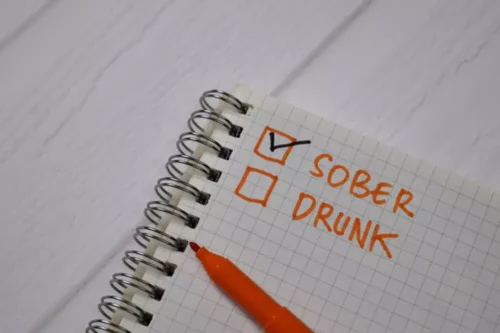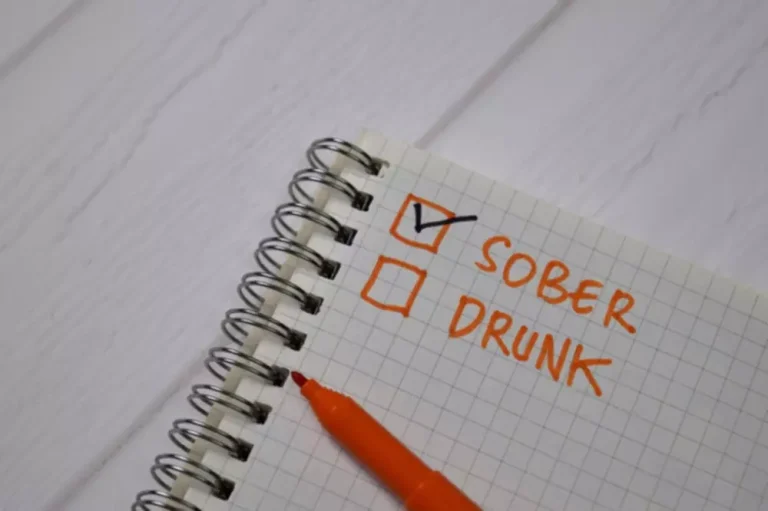
In addition to looking for the red flags of a narcissist, it is also important to be able to recognize the more subtle behaviors of a covert narcissist. Being aware of these traits can help empower you, helping you to recognize and better navigate potentially unhealthy relationships and interactions. One of the most common effects of narcissistic abuse may be feeling lonely or having a sense of worthlessness. But you’re not at fault for any abusive behavior your loved one has engaged in. And you deserve to be in relationships that support, comfort, and care for you.
- In addition to those self-help steps, it’s important to talk to a mental help expert for treatment.
- They honed in on impulsivity and conducted a meta-analysis of the existing literature.
- The achievement-focused covert narcissist is the kind of narcissist who deliberately seeks out those with particular social or employment status or connections.
- These contrasting traits can lead to power imbalances within the relationship, with the covert narcissist exerting control through manipulation and gaslighting tactics.
- Unlike overt narcissistic alienation, covert narcissistic alienation is more insidious and challenging to identify, necessitating a keen understanding of narcissistic behaviors for detection.
- “Getting treatment for those issues may well bring some relief to the person but also to those in their circle,” he says.
Is covert narcissism more common in men or women?

Covert narcissists may have trouble forming long-term intimate reciprocal relations with others because of their own neediness. No matter where you are in your quest for better health, therapist.com will meet you there. But they’re sensitive to criticism and tend to lack empathy, so they may struggle to form healthy… The narcissism and alcoholism psychosomatic narcissist uses aches and pains, illness and health anxieties – either real or imagined – to ensure the focus and attention is on them.
- This need often leads people to boast about their achievements, often by exaggerating or outright lying.
- According to a 2019 study in Behavioral Medicine, 40.6% of NPD have substance use problems.
- In some cases, you may appear hyper-focused on your own needs and wants, while at times, disregarding the needs of others.
- Such psychological manipulation can profoundly impact the child’s mental health, causing long-lasting emotional harm.
- If you suspect that someone you know has narcissistic personality disorder and alcoholism, you may be wondering how to deal with a drunk narcissist, or how do narcissists act when they’re drunk.
- Criticism is a threat because it constitutes evidence that the person’s negative view of themselves may actually be true.
Importance of Dual Diagnosis Treatment
It’s a tightrope walk, balancing the need to build self-esteem while also challenging narcissistic defenses. But with skilled therapists and a commitment to change, recovery is possible. Their lack of empathy for the mistreated parent and denial of responsibility contribute to the toxic dynamics within the family. It’s essential to focus on genuine connections and acts of kindness rather than seeking validation from those who exhibit narcissistic tendencies. Both BPD and covert narcissism involve distorted self-perception and challenges in forming healthy connections.

Signs You’re Dating a Covert Narcissist: Red Flags and Coping Strategies
- They are however, in many ways more dangerous due to the subtle and conflicting nature of their actions.
- According to 2019 research, certain narcissistic traits may decline with age, which suggests that change is possible.
- If you’re experiencing covert narcissistic abuse in a relationship, you may want to consider some of the following ways to protect yourself.
- Look out for signs of abuse and work with a therapist who can offer guidance and support.
- They exhibit manipulative behaviors, such as guilt-tripping and gaslighting, to control and undermine their child’s relationship with the other parent.
Instead of the aggressive and exploitative nature of extroverted narcissist, coverts have feelings of neglect or belittlement, hypersensitivity, anxiety, and delusions of persecution. Despite sharing core traits, in a sense, behaviorally the covert narcissist is the mirror image of the exhibitionist narcissist. While the latter demands to be the center of attention, the former feels slighted that they’re not, or gets attention by playing the victim. Normal introverts are generally good listeners, but not this narcissist. Rather than ordering others around, the covert narcissist can get their way indirectly through passive-aggressive behavior.
As Someone Living With NPD and AUD

A 2014 study looking at infidelity also found that people with narcissism were more likely to be unfaithful during a relationship. A 2015 study of college sexual assaults revealed that perpetrators scored highly on a narcissistic personality scale after completing a questionnaire. This study concluded that people with grandiose narcissism are more able to evaluate and recognize their problems with alcohol than people with vulnerable narcissism. People in the latter group are less able to recognize that they have a problem and are, therefore, less likely to be ready to change their behaviors.

Like the overt narcissist, the covert narcissist fails to develop emotional empathy, self-awareness, or a stable sense of identity and self-esteem in childhood. Do you know someone who appears to be completely absorbed in their own charm and greatness? It is normal for people to become overly proud of themselves on occasion, but it is an entirely different problem if they have narcissistic personality disorder. A person with this disorder will do whatever it takes to defend their fragile perception of themselves, typically by exaggerating it and forming a group of admirers that they can rely on. These admirers may even feel somewhat addicted to narcissist, stuck in a co-dependent relationship that could be enabling if that person is a narcissistic addict. The combination of covert narcissism and addiction doesn’t just affect the individual; it sends shockwaves through their entire social network.




 115 N 3rd St Sterling, CO 80751, USA
115 N 3rd St Sterling, CO 80751, USA